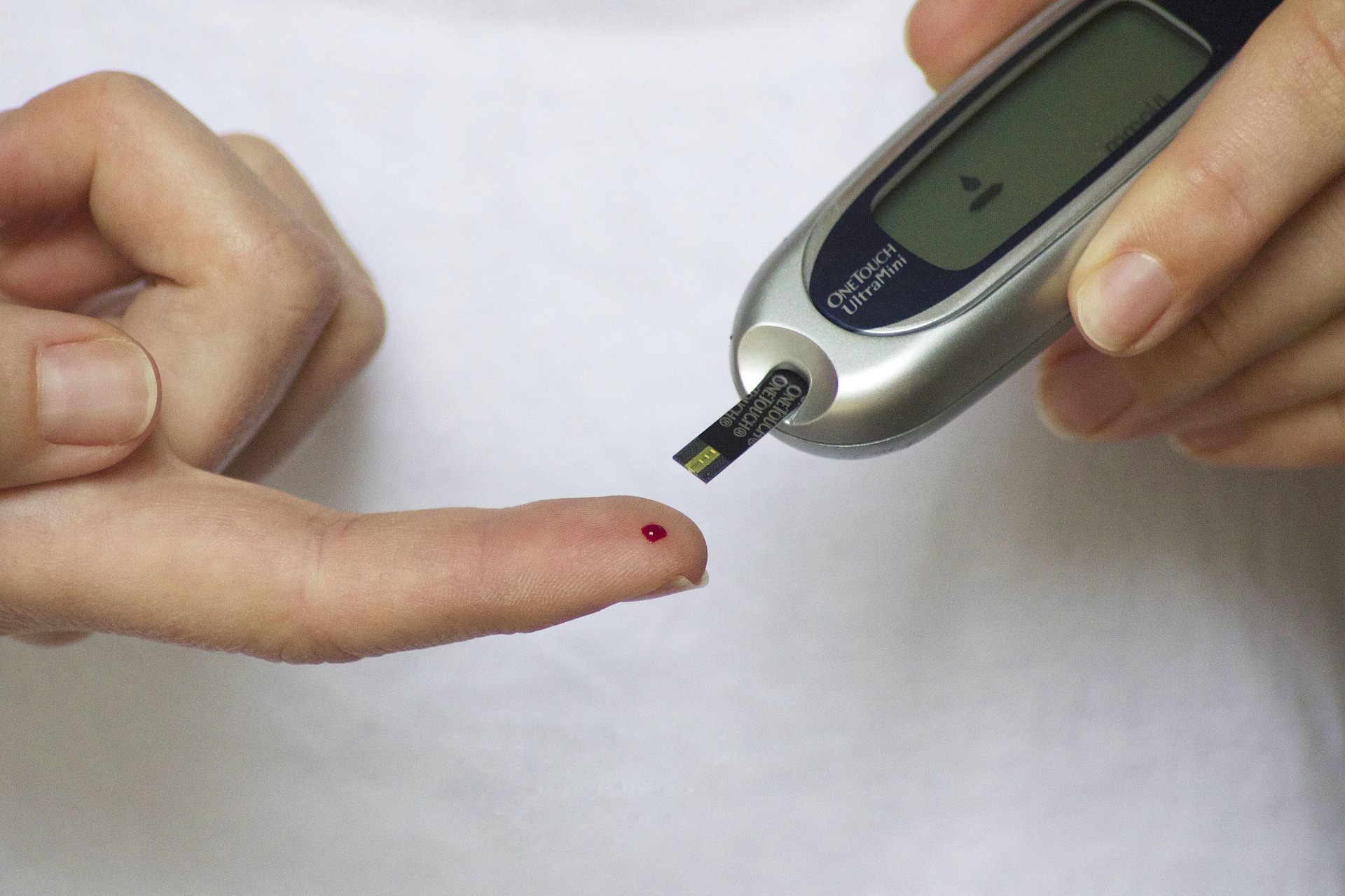 People with type 1 diabetes, sometimes, feel frustrated, scared, angry, or discouraged. Type 1 diabetes can be emotionally draining for you or almost anyone. You can take some simple steps to reduce your stress levels and anxiety when having type 1 diabetes:
People with type 1 diabetes, sometimes, feel frustrated, scared, angry, or discouraged. Type 1 diabetes can be emotionally draining for you or almost anyone. You can take some simple steps to reduce your stress levels and anxiety when having type 1 diabetes:
1. Reduce your stress levels
It can be extremely difficult for you to live normally with diabetes. Making certain changes to your lifestyle and diet, such as regularly monitoring blood sugar, watching your carbs intake, and simply remembering to take insulin or other medications often cause excessive stress. While these tasks get easier over time, people have days when they feel overwhelmed.
By handling stress, you can go a long way towards better managing diabetes. Participate in one or more activities that you enjoy on your way to managing stress, such as exercising at home, going for a morning/evening walk, taking a long bath, or maybe even doing the dishes will help you. Some people even feel better with just breathing exercises.
2. Cooperate with your diabetes care team
Your diabetes care team is more of a committee that often includes your doctor and nurse, one or more general practitioners, an ophthalmologist, a dietician, and a diabetes educator. This team can also have other specialists (e.g. a foot doctor, heart doctor), based on your condition.
In case you have any questions about your health, nobody but these are the best people you can have. Gather effective tips on coping with type 1 diabetes. Be open about any problem you may have with your diabetes care team.
3. Take care of yourself
You can effectively cope with stress and anxiety by taking good care of yourself. Stick to your diabetes treatment plan, eat healthy foods, exercise or take a morning walk every day, and monitor your blood sugar levels. Taking time to relax and getting enough good night’s sleep can help regulate your blood sugar levels.
As your brain and body are directly connected, you can easily cope emotionally and mentally with type 1 diabetes only when you are physically well.
4. Get involved
No matter how hard you try, sometimes, helping others can be just what you may need to feel better. Various diabetes advocacy groups, including the American Diabetes Association (ADA), work hard to improve diabetes care by raising money. By volunteering for such a group, you can do good for people with diabetes and yourself.
5. Be patient
Remember to be patient when you have type 1 diabetes (or any other condition for that matter). You might not be able to perfect it but can certainly get better at managing your everyday blood sugar levels.
Simply learn just everything about type 1 diabetes. The more you are aware of your condition, the better you will take care of yourself.
Conclusion!
To deal with type 1 diabetes, ask your doctor for recommending some books that help you know more about it. You can also refer to the website of the American Diabetes Association for more reliable information.